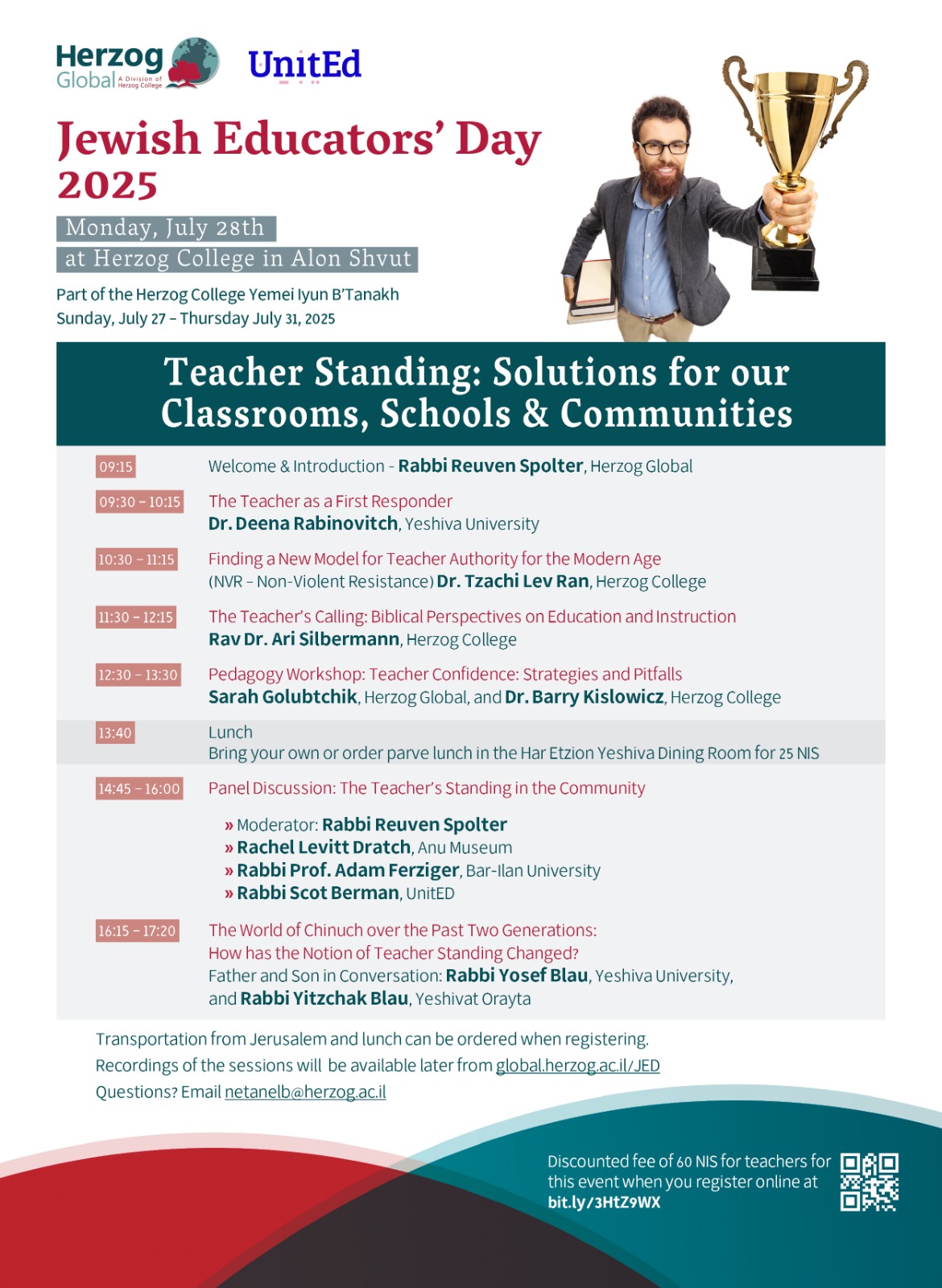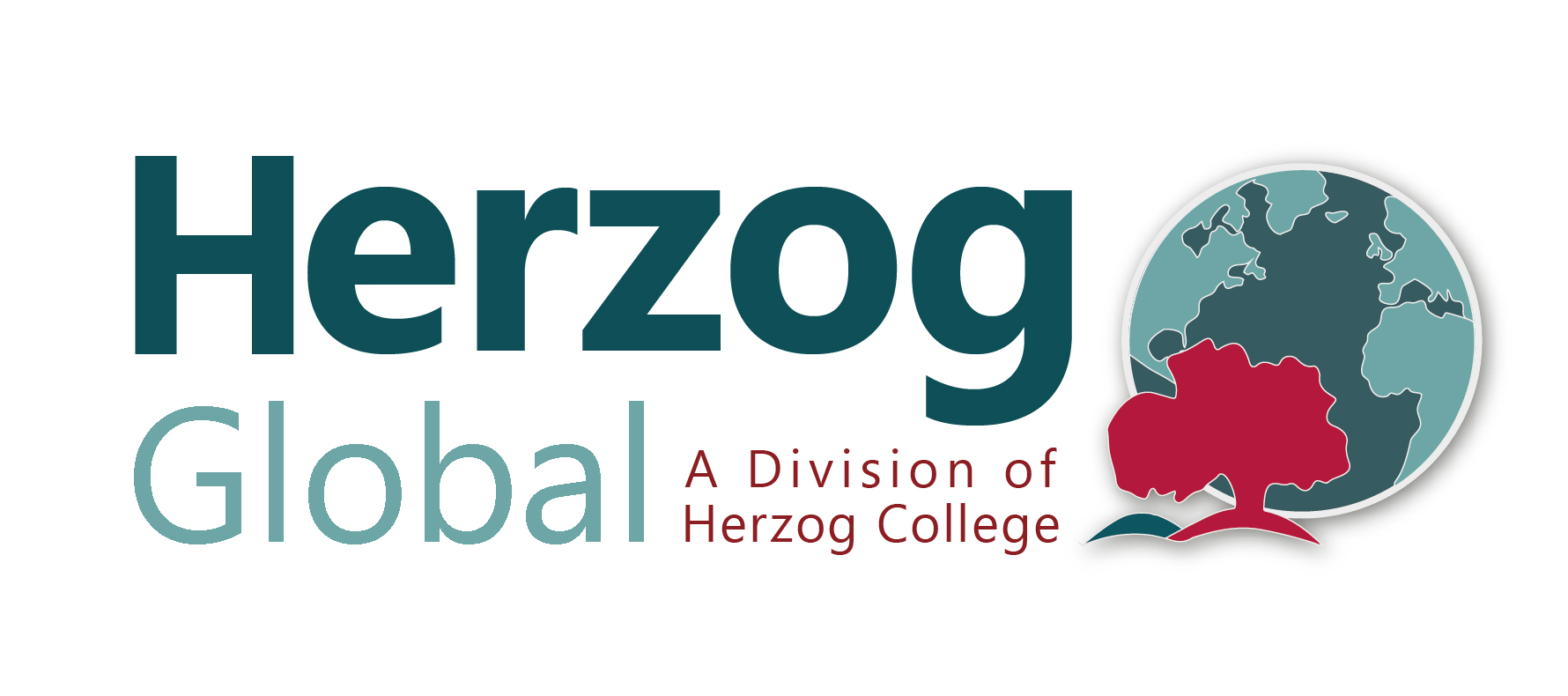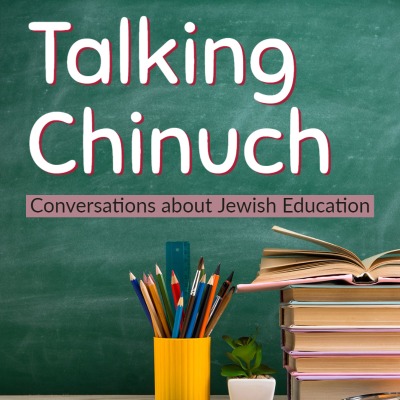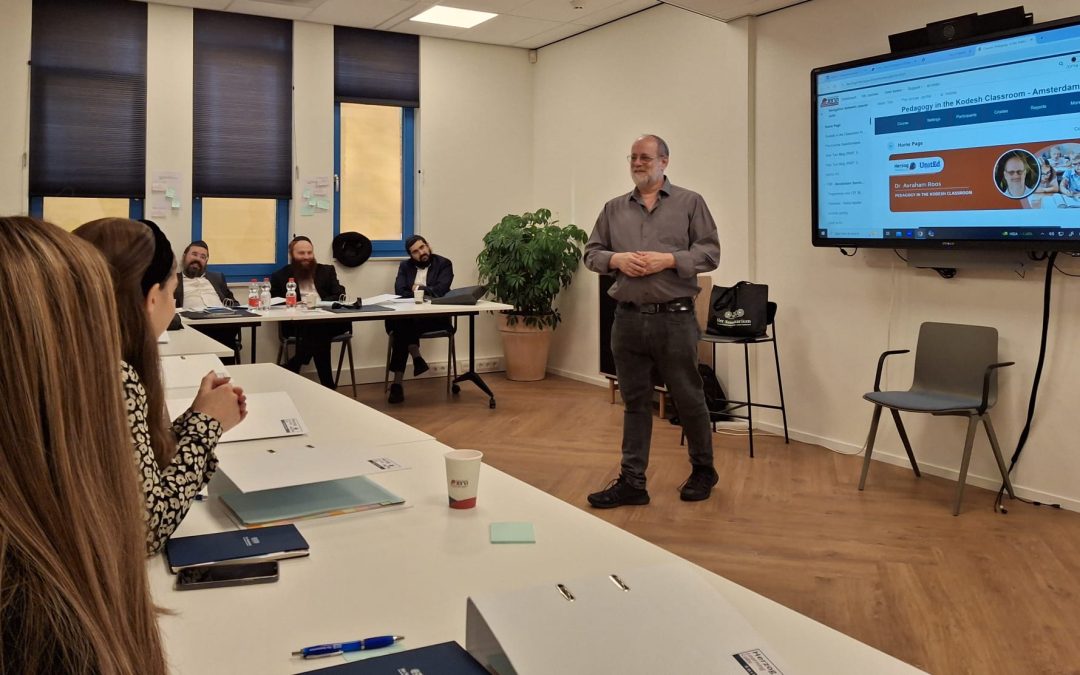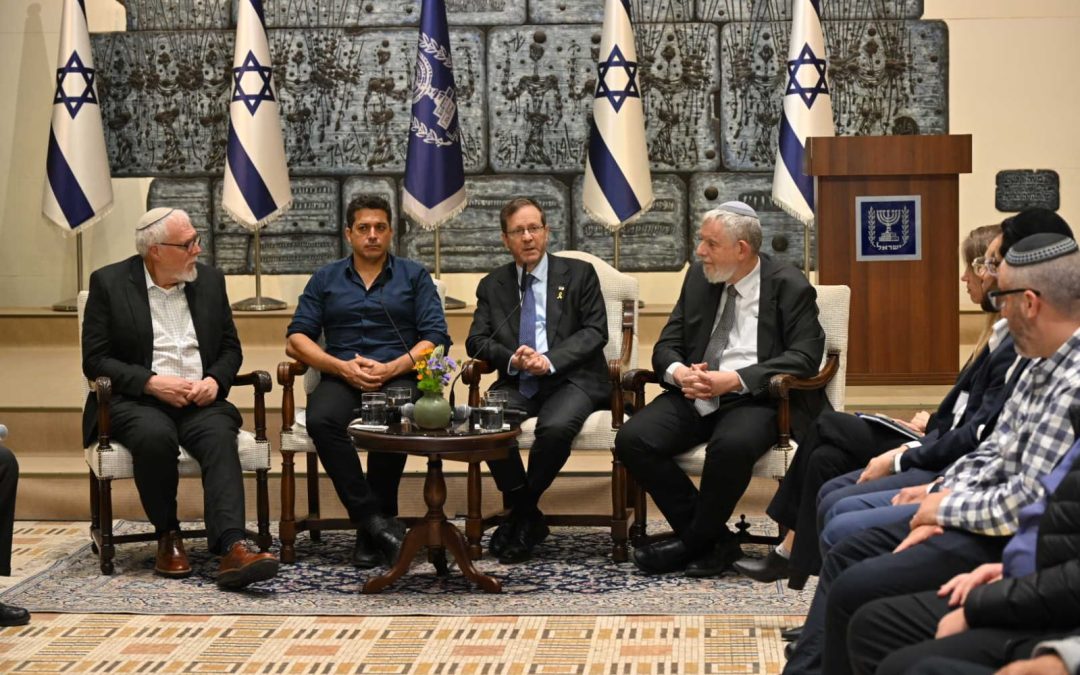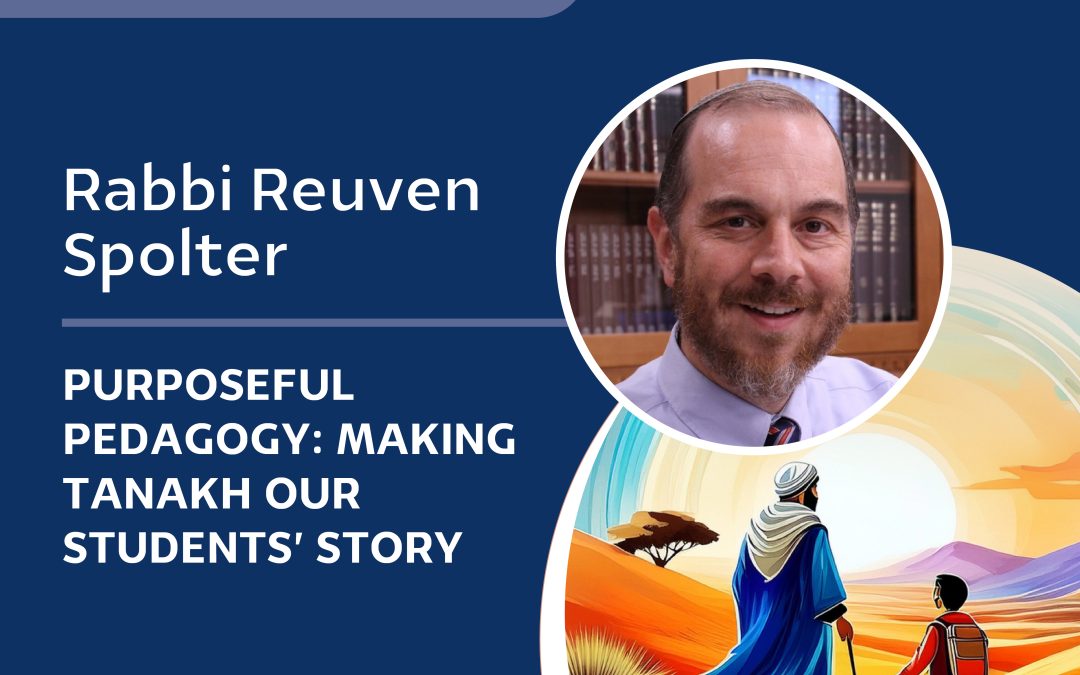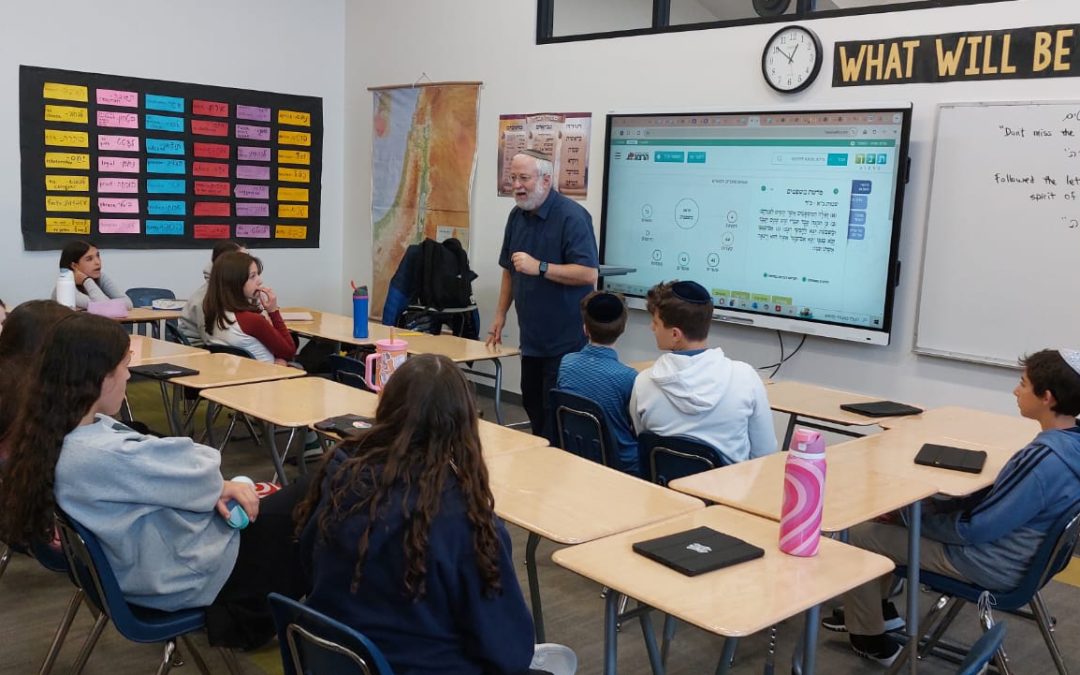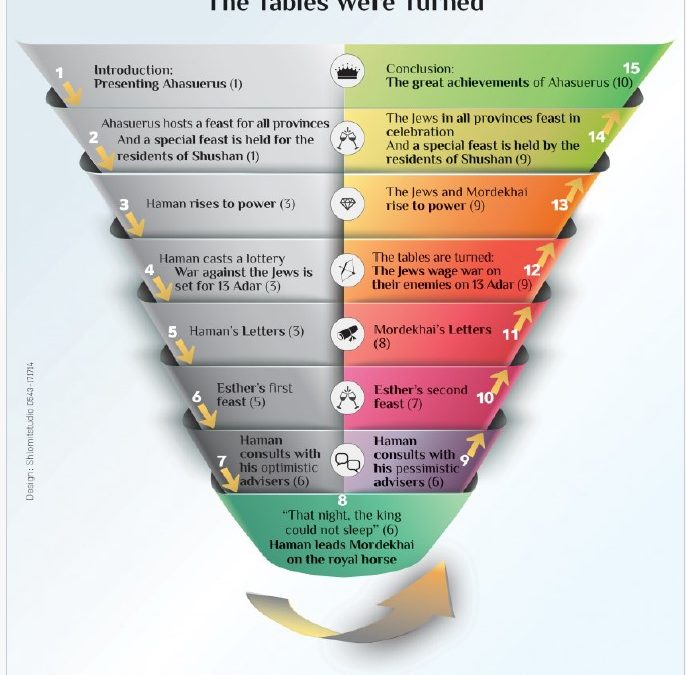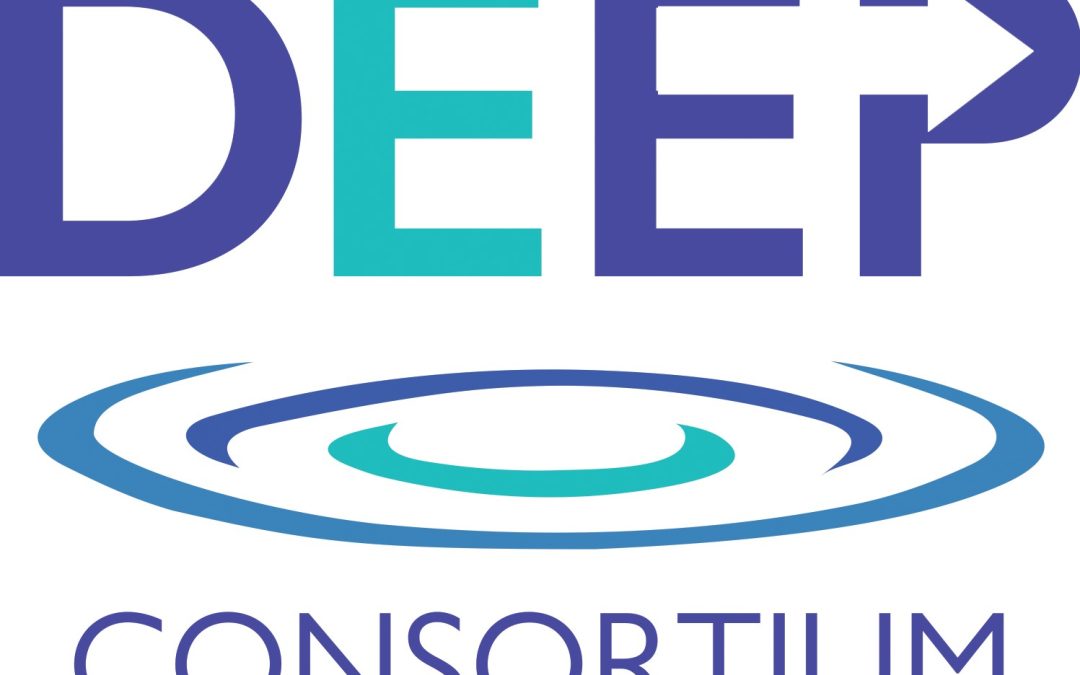Do your students stand up when you walk into the room? In Jewish schools, yeshivas and midrashot of all types, the traditional reverence for educators, particularly Rebbes and Jewish Studies teachers, is being quietly eroded. Teachers struggle to maintain authority in classrooms where students have instant access to information—and misinformation—through their devices. Administrators navigate increasingly complex relationships with parents who question pedagogical decisions and prioritize secular achievement over Jewish learning. They also grapple with the consequential decline in teacher satisfaction and retention, with educators leaving the profession in droves.
Herzog Global recognizes this as an almost universal problem in Jewish schools of all types and in countries around the globe. “Teacher Standing: Solutions in our Classrooms, Schools & Communities” is a one-day conference designed to address these pressing issues head-on, by bringing together educational experts to tackle the issue of disrespect for teachers in our schools, yeshivas and communities.
Identifying the Problems
Walk into any Jewish school administrator’s office, and you’ll hear familiar frustrations. Parents demand their children receive top grades while simultaneously undermining teacher authority at home. “The teacher doesn’t respect my child’s needs,” becomes a rallying cry that chips away at classroom management and academic standards. Schools are compelled to comply with the demands of certain parents because of their influence in the community.
Online influences compound these challenges. Students arrive in class having been exposed to content that contradicts Jewish values—from inappropriate music lyrics to social media messages that mock traditional authority structures. Teachers find themselves not just educating, but constantly filtering and contextualizing a flood of external influences that previous generations never encountered.
Perhaps most troubling is the erosion of respect for Jewish educators themselves. The informal teaching style that many teachers have adopted in order to win over their students, while well-intentioned, has inadvertently diminished the traditional reverence for Rebbes and Torah teachers. When inspiration is valued over skills development and the transmission of Torah content, students leave the Jewish Studies classroom feeling inspired but lacking the skills and knowledge base required to create lasting connection to their heritage.
The problem extends beyond individual interactions. Many Jewish communities have unconsciously adopted a hierarchy that places secular qualifications and financial success above Jewish learning. When parents openly discuss how “real success” means becoming a doctor, lawyer, or tech entrepreneur, students absorb the message that their Jewish Studies classes are secondary. Torah scholarship, once the pinnacle of achievement in Jewish communities, now competes with standardized test scores and college admission statistics.
Not a Kvetch-Fest!
The purpose of the Herzog Global Jewish Educators’ Day is not just to identify problems and complain about them. We will be bringing together Jewish education experts to provide actionable solutions. They will share strategies for maintaining teacher authority in the digital age, including how to communicate effectively and build constructive relationships with students and their parents. Rather than engaging in power struggles, Jewish schools are discovering ways to channel parental concern into support for educational goals. This includes clear communication strategies and methods for involving parents as partners rather than adversaries in the educational process.
The workshop sessions will explore how communities can restore honor to the teaching profession. When educators feel supported and respected, classroom environments improve dramatically. Attendees will discover specific initiatives that successful schools use to elevate teacher status, from public recognition programs to involving students in expressing genuine appreciation for their educators.
For Jewish Studies specifically, participants will learn how to help their students to develop both emotional connections with Judaism and an intellectual engagement with Torah sources, in order to build a lasting commitment toward their Jewish learning. The conference will provide frameworks for achieving this balance while maintaining the authority and respect that effective teaching requires.
Offering Solutions That Work
The most successful Jewish schools have learned to create school cultures where respect for teachers is modeled by administration and reinforced by community leadership. They set out clear expectations for parent-teacher interactions while providing channels for legitimate concerns. Their educators recognize the importance of helping students develop discernment about external influences without becoming isolated from the broader world. They teach critical thinking skills that enable students to engage with AI, information technology and social media while maintaining their Jewish values and respect for traditional authority.
The Jewish Educators’ Day on Teacher Standing will bring together educators who have successfully implemented these approaches. Participants will leave with concrete strategies, not just inspiration. For Jewish educators and school administrators ready to reclaim classroom authority and restore respect for teaching, this conference offers the solutions that our schools and communities desperately need. The future of Jewish education depends on our ability to adapt to contemporary challenges while preserving the core values that make Jewish learning transformative. This conference provides the roadmap for achieving both goals.
The Jewish Educators’ Day on Teacher Standing will take place at Herzog College in Israel on Monday, June 28, 2025. Click here to download the program and click here to reserve your reduced-price ticket.
